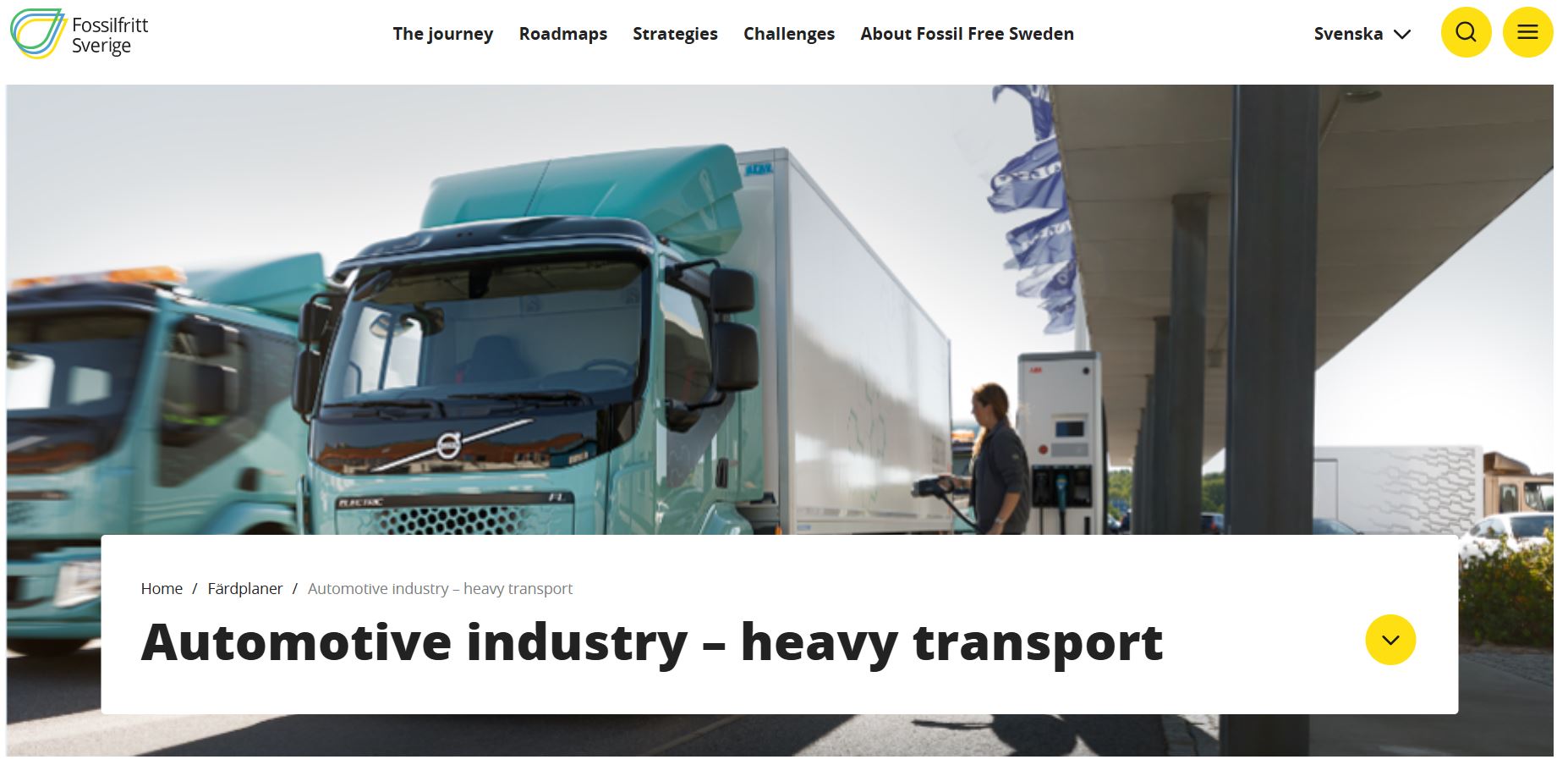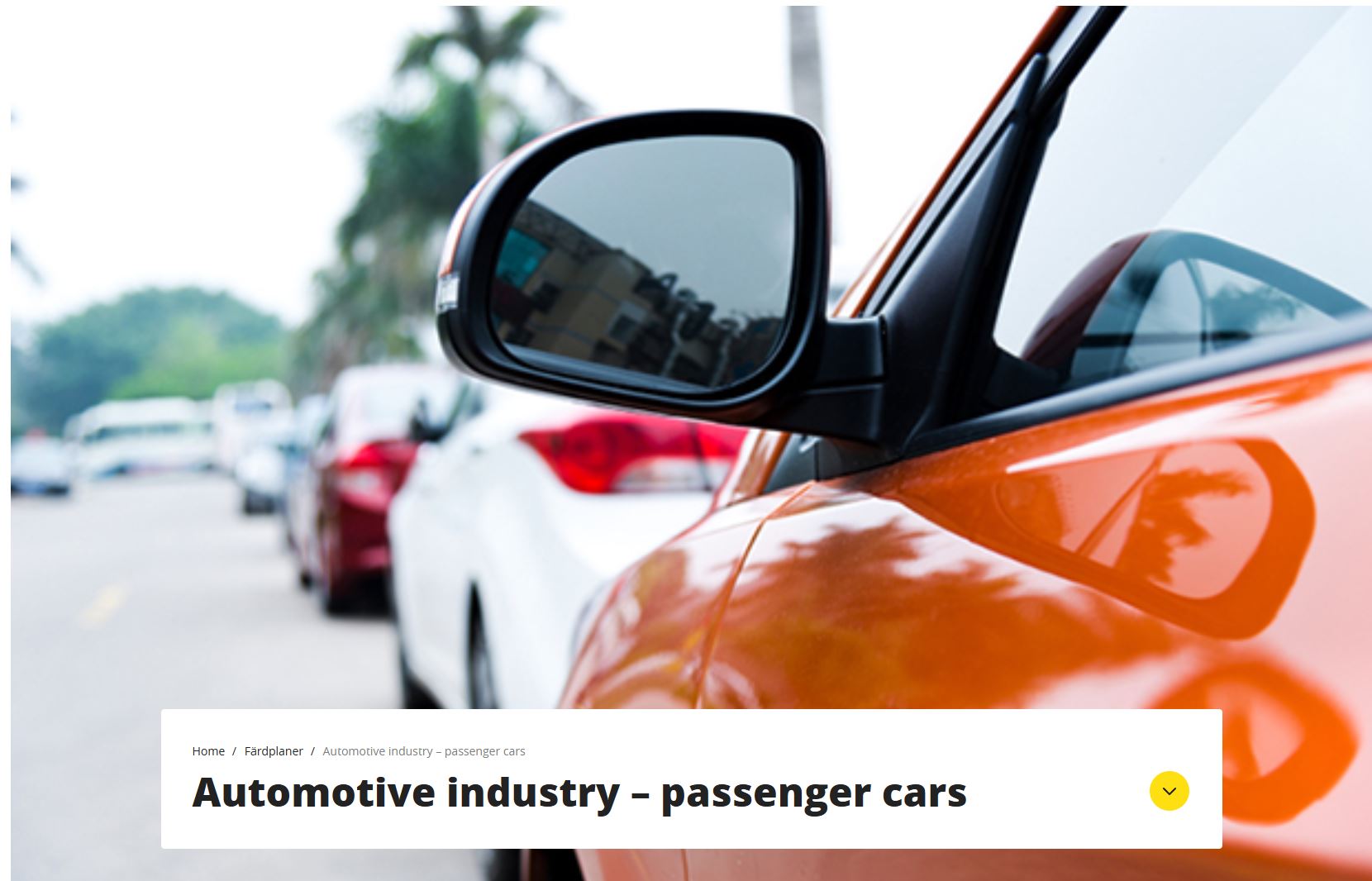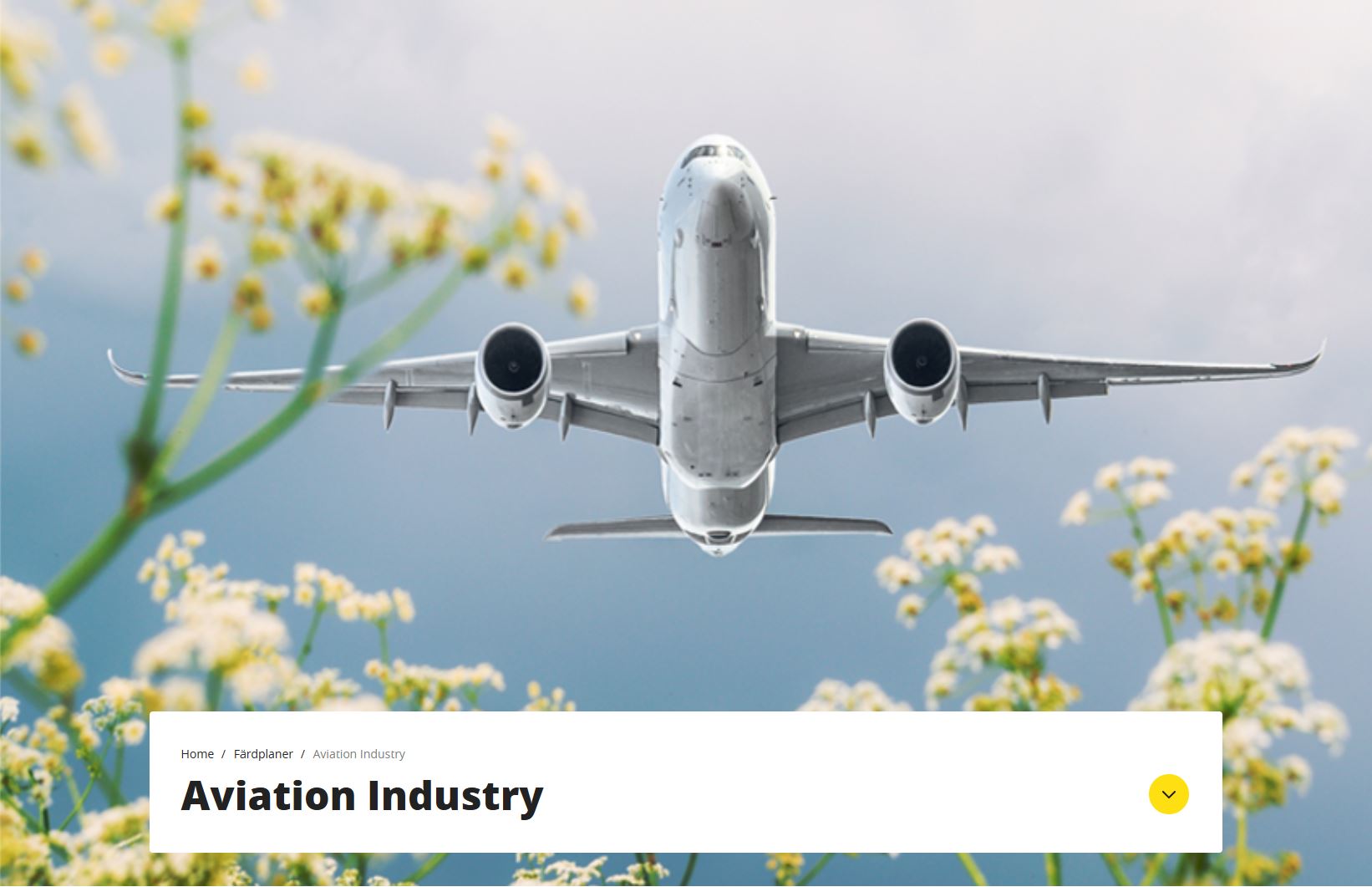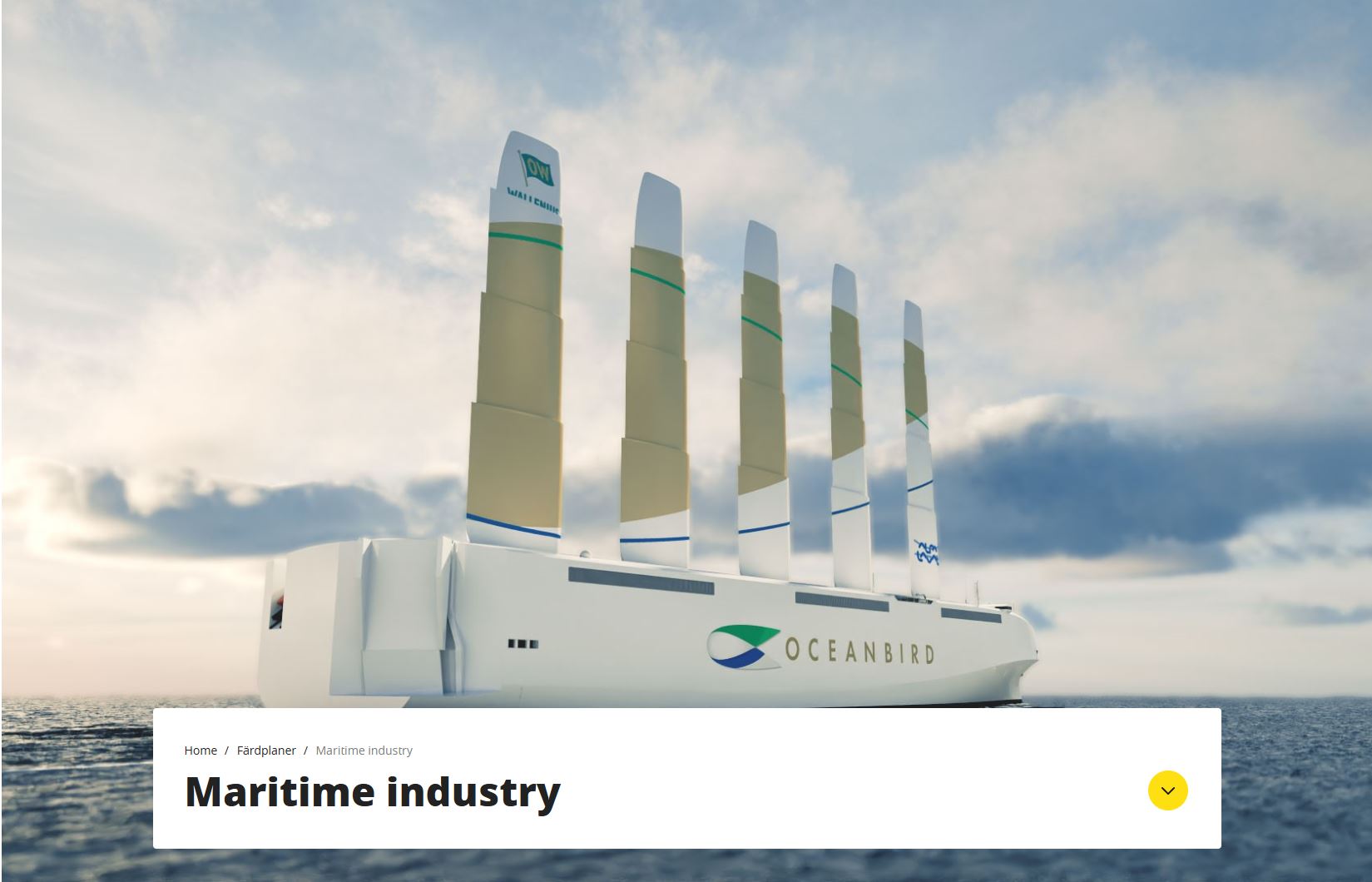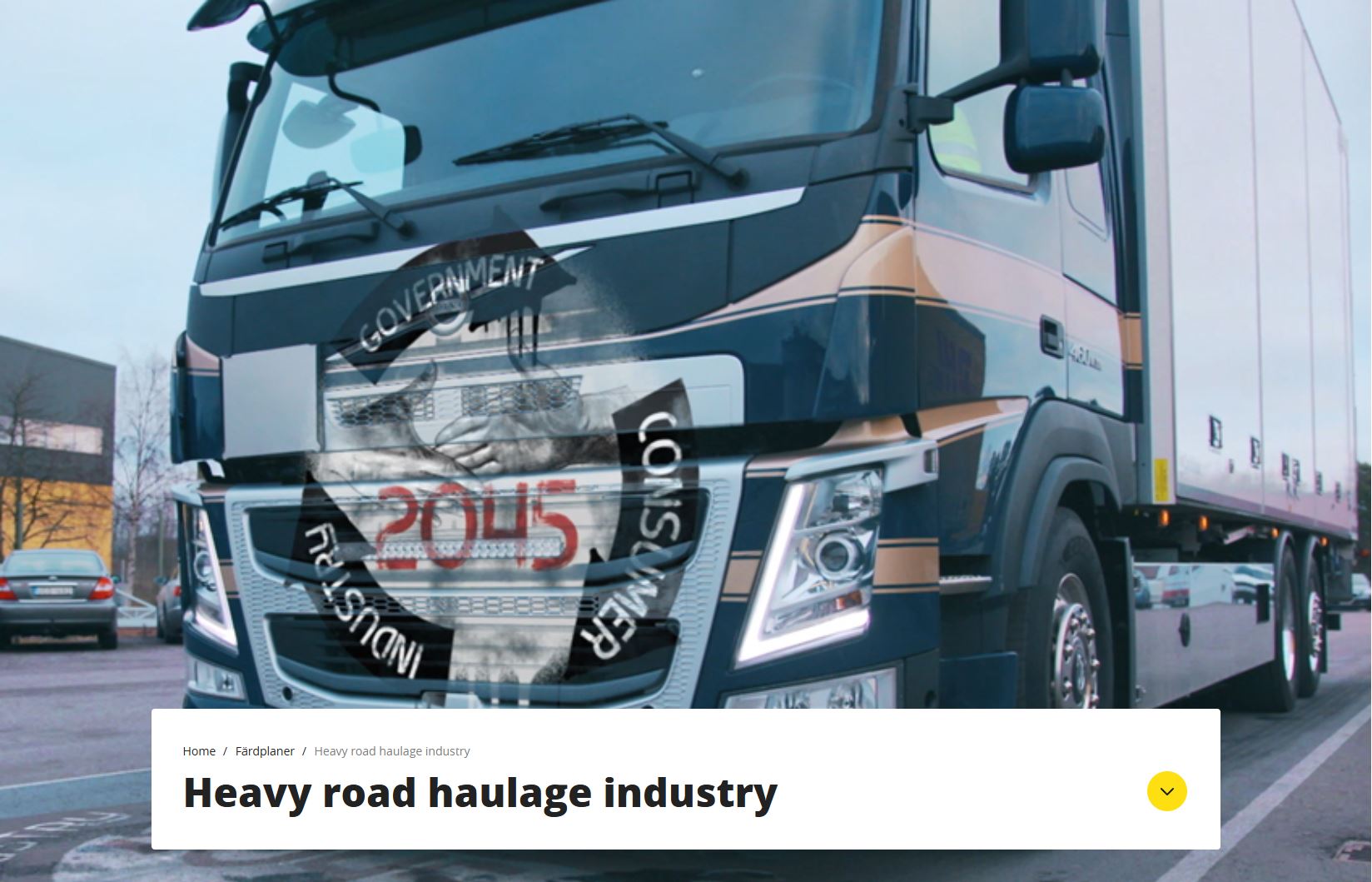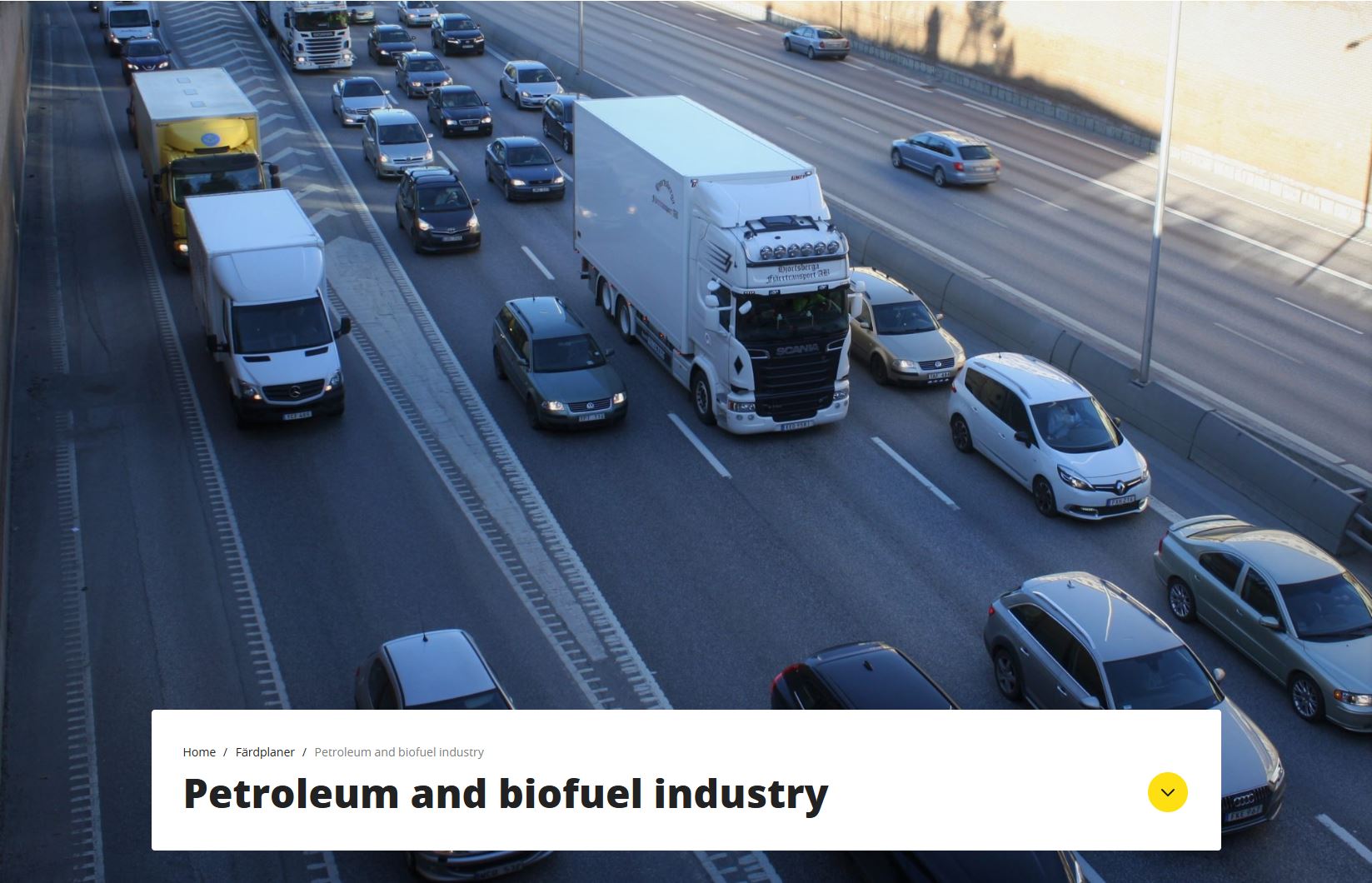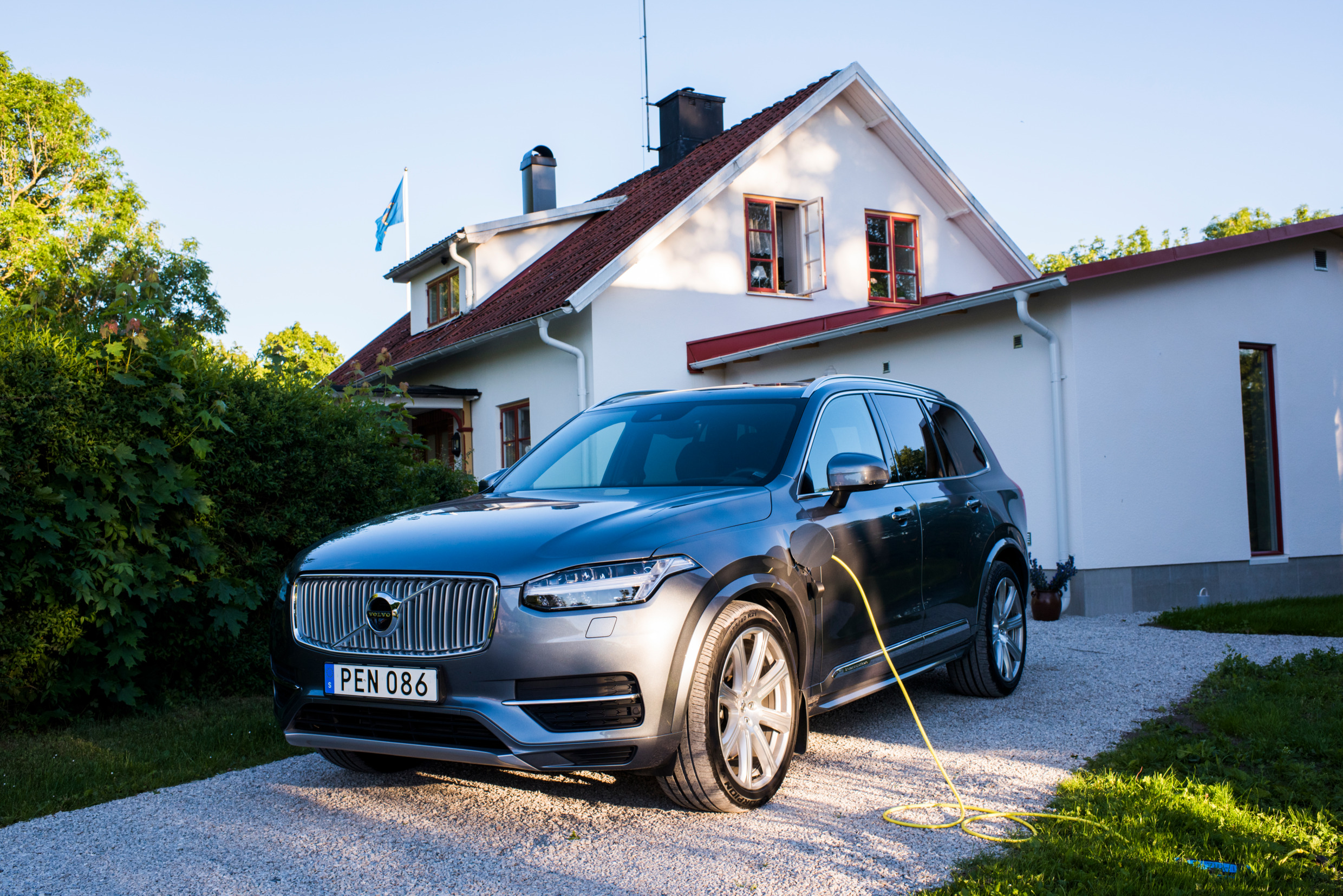Transport
Climate Solutions – Transport
Transport remains one of the most emissions-intensive and fossil fuel–dependent sectors worldwide. Transforming the sector is urgent and systemic – and Sweden has come far.
Multiple co-benefits
Transforming the transport sector also offers multiple co-benefits, from sustainable economic development and improved health outcomes to more resilient mobility systems and energy security. Decarbonising ensures long-term competitiveness, equity, and prosperity.
Partner with us on the road to net zero
Sweden’s transport emissions have fallen by 34% since 2010, driven by targeted investments and strong policy frameworks. However, transport remains a major emissions source, accounting for 31% of national greenhouse gas emissions in 2023. Sweden is seeking to accelerate efforts to meet climate goals and net zero by 2045.
Transport solutions across the board
Cutting edge research, innovation and prior experience on the journey towards zero emissions makes Sweden a world class partner in transport solutions, from technology to transport systems and infrastructure. Transport climate solutions include:
- Clean Energy and Low-Impact Materials – electric vehicle (EV) battery systems and hydrogen fuel cells reduce reliance on critical raw materials and improve energy efficiency. Proven Swedish technologies support decarbonization, enhance energy resilience, and strengthen supply chains.
- Fossil-Free Hydrogen and Waste-Based Biofuels – scaling the production of hydrogen from fossil-free electricity offers clean energy inputs for shipping, aviation, heavy industry, and freight. Waste-derived biofuels provide alternatives in hard-to-electrify transport segments and contribute to emission reductions, rural development, and energy diversification.
- Green Vehicle and Infrastructure Manufacturing – Sweden is a hub for electric vehicle innovation. Solutions in shipping include hybrid engines, wind-assisted propulsion, and shore-side electricity. Swedish firms are also developing sustainable aviation fuels (SAFs) and short-haul electric and hybrid aircraft.
- Charging, Refuelling, and Infrastructure Readiness – Sweden has come far in the electrification of commercial and delivery fleets, particularly in high-traffic corridors. Scalable charging infrastructure and refuelling systems enable low-emission transport, reduce fuel dependency, and support industrial competitiveness.
- Vehicle-to-Everything (V2X) and Energy Integration – Swedish-led V2X technologies allow EVs to interact with grids and infrastructure, enhancing resilience and flexibility during demand peaks or disruptions. These solutions strengthen energy security and contribute to grid stability.
- Smart Mobility and Urban Efficiency – integrated, long-term urban mobility plans reduce congestion and emissions, while also strengthening climate resilience. Swedish cities are creating public spaces that reduce car dependency and enhance resilience to flooding and heatwaves. AI-enabled logistics and smart traffic systems further optimise passenger and freight flows.
- Predictive Maintenance and Lifecycle Management – AI-powered maintenance tools developed in Sweden reduce vehicle downtime, improve energy performance, and adapt systems to climate risks. These innovations lower operating costs and extend vehicle lifespans, contributing to both climate mitigation and economic efficiency.
- Second-Life Battery Applications – Swedish firms repurpose end-of-life EV batteries for stationary energy storage, supporting energy access and circular energy systems. This approach reduces e-waste, enhances energy resilience, and improves resource efficiency.
- Materials Recovery and Traceability – Swedish companies lead in battery recycling and component traceability, reducing pressure on virgin material extraction. Digital tools track component lifecycles and support circular business models that reduce environmental harm and improve material security.


